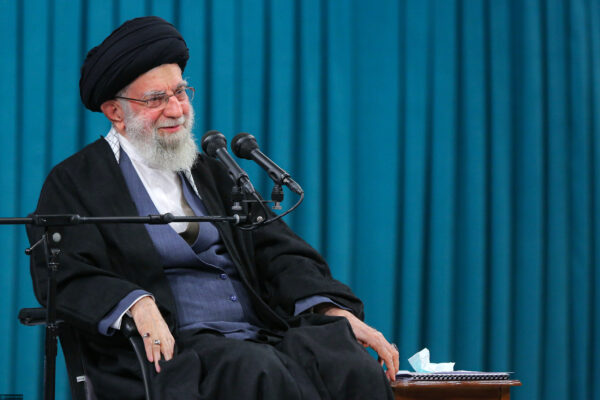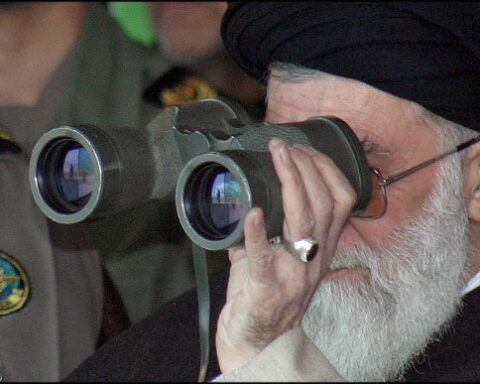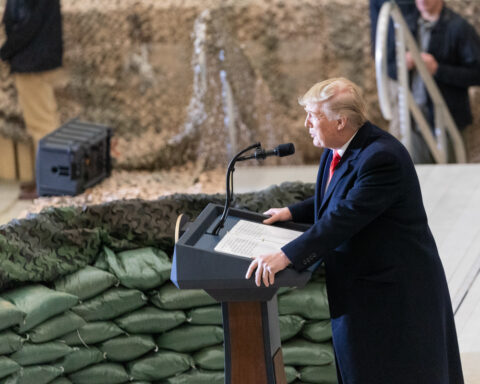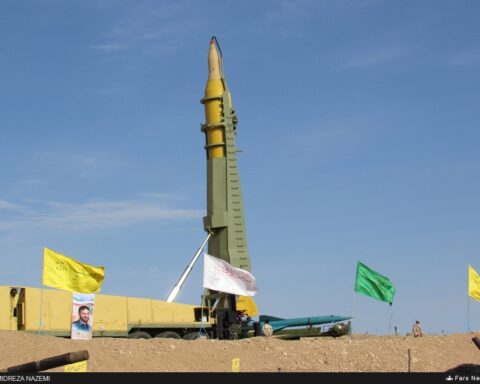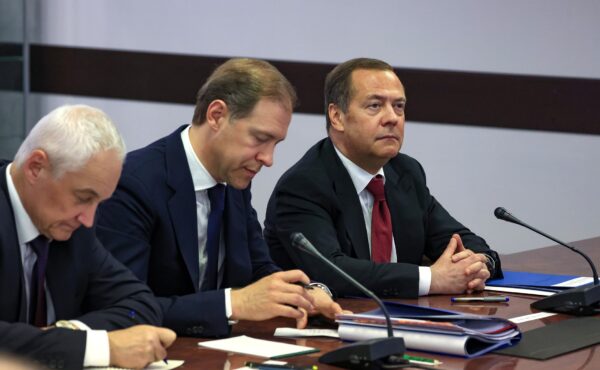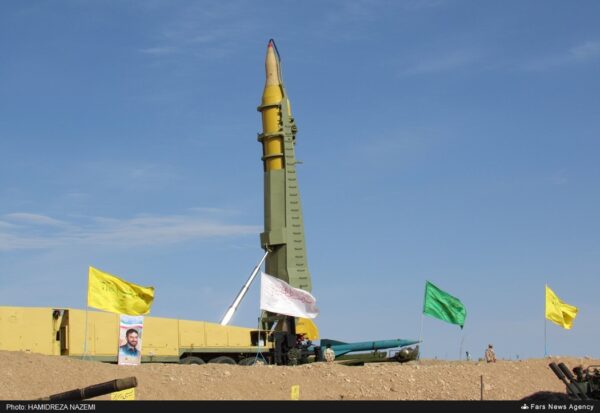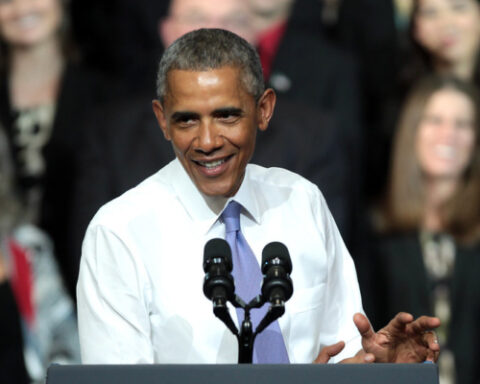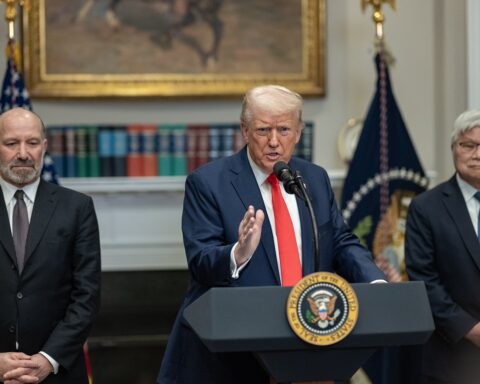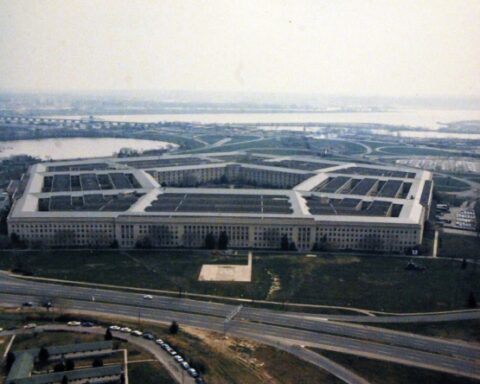In a significant revelation, new reports indicate that Iran’s recent missile attack on an American air base in Qatar was coordinated in advance with the Qatari government and occurred with the awareness of the Trump administration.
This information emerged from Barak Ravid, a journalist for Axios, during an appearance on CNN following the missile strikes.
As U.S. defense systems successfully intercepted several ballistic missiles aimed at the base, Ravid detailed how Iran had telegraphed its intentions, communicating openly with Qatar about the specifics of the attack.
“We used the exact number of missiles that were used on our facilities,” Ravid quoted Iranian officials, emphasizing that the strike was targeted and not intended to escalate tensions with Qatar.
According to Ravid, this premeditated strike was not a surprise to anyone involved. “Nobody was surprised by this attack,” he asserted, suggesting that the swift and well-prepared response from Qatar, which issued a detailed statement just five minutes after the missiles were launched, indicated prior coordination.
The statement was reportedly ready to go, further underscoring the planned nature of the operation.
Ravid’s insights reveal a complex interplay of diplomatic maneuvering, suggesting that both Iran and Qatar sought to manage the situation carefully.
The attack appears to have been designed as a means for Iran to retaliate against U.S. actions while simultaneously aiming to prevent a broader escalation of conflict. “Each side did its part,” Ravid noted, hinting at an understanding that could pave the way for future diplomatic efforts.
The notion that the U.S. administration was aware of the impending strike raises questions about its strategic approach in the region.
This incident highlights the often intricate and opaque nature of international relations, particularly in volatile areas like the Middle East.
As the dust settles from this latest confrontation, the implications for U.S. foreign policy and its relationships in the region remain uncertain.
The coordinated nature of this attack, coupled with the apparent readiness of both Iran and Qatar to contain the fallout, suggests a desire to navigate these tensions without further inflaming hostilities.
Moving forward, analysts will be closely monitoring how this incident affects diplomatic efforts and the potential for de-escalation in U.S.-Iran relations, as both parties may now seek to engage in a renewed dialogue to avoid further conflict.
[READ MORE: Russian Official Claims ‘Other Countries’ Now Preparing to Give Nukes to Iran]

